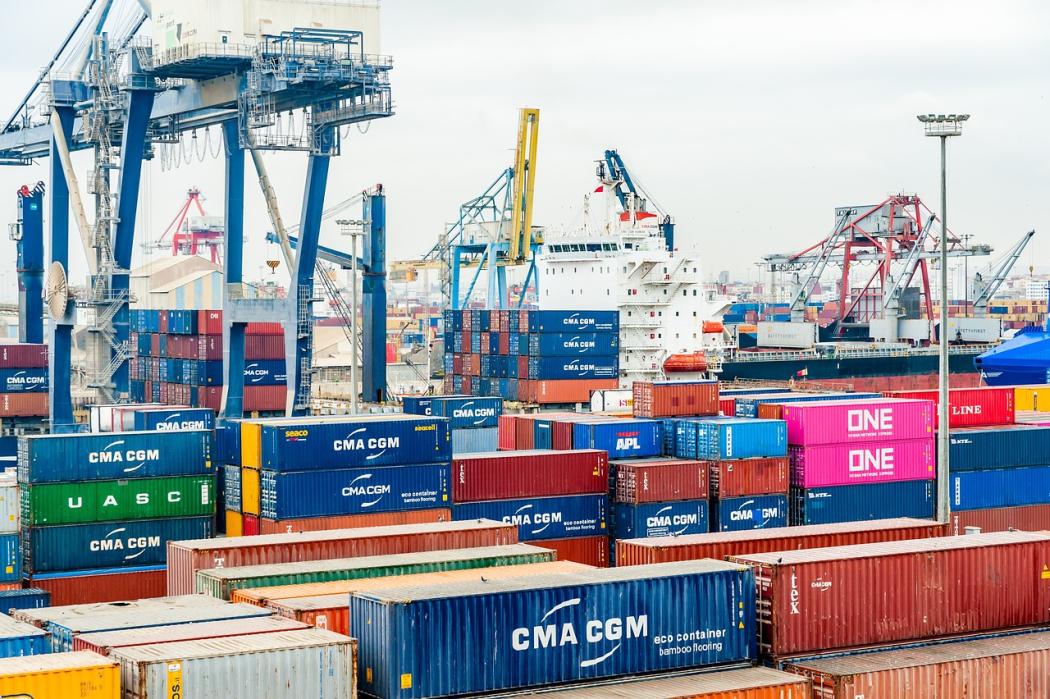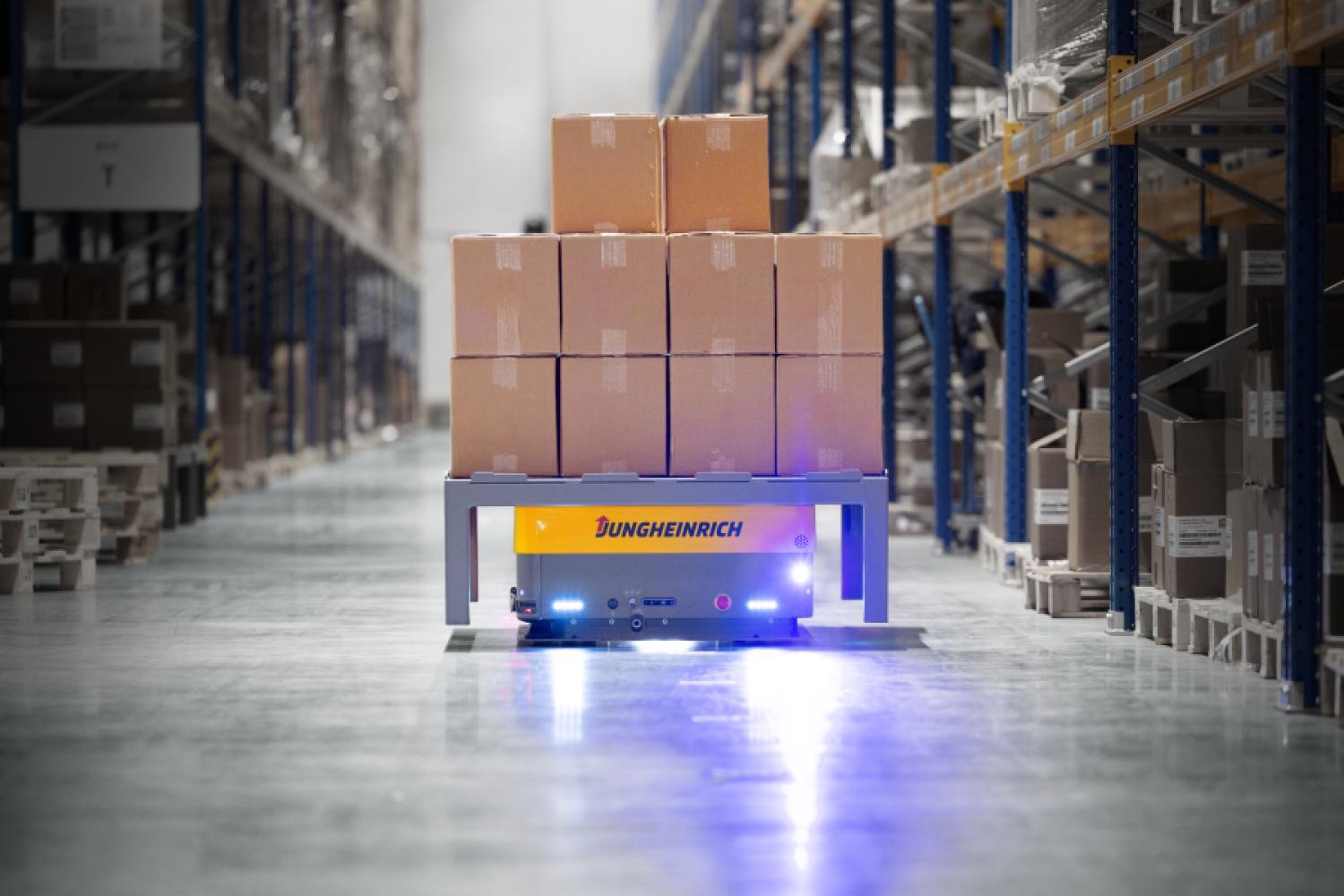The new federal government is facing major challenges. After the 2025 federal election, the DSLV Federal Association for Freight Forwarding and Logistics is calling for decisive political action to secure Germany's economic competitiveness.
In a recent statement, the board of the association calls on the future government coalition to implement economic reforms with high priority and particularly to improve the framework conditions for the logistics industry.
"Economic performance and international competitiveness must be restored urgently—otherwise, Germany risks ending up in an economic and societal dead-end with no possibility of turning back," according to the DSLV statement.
To prevent this, the association calls for a fundamental reprioritization of governmental tasks. The aim must be to create leeway for tax cuts and higher infrastructure investments without further increasing state debt.
Less Bureaucracy, More Growth
The DSLV sees the reduction of location and energy costs as well as the relief of companies as key levers for sustainable economic development. This also includes a restructuring of the federal ministries to consolidate responsibilities for transport and energy infrastructures as well as for the economy and labor.
A capable and growth-oriented government coalition is crucial to advance the necessary "general renovation of Germany". The association emphasizes the importance of the logistics industry for the overall economy.
"Whether it's the global market or the weekly market: Between the internationally linked value-added stages of the individual industrial sectors and the procurement interfaces of trade up to the end consumer, German freight forwarders and logistics companies remain the decisive hinge," explains the DSLV.
Despite a persistently challenging market environment, the majority of companies see opportunities for growth – but only if the political framework conditions are appropriately adjusted.
Five key areas of action for logistics
To secure and strengthen the industry's competitiveness in the long term, the DSLV identifies five key areas of action. The logistics location must be strengthened through solid infrastructure funding to enable sustainable investments in road, rail, and port infrastructure.
At the same time, it is urgently necessary to reduce bureaucratic burdens and make administrative processes more efficient to relieve companies. Another focus is on practical climate protection, which can be realized through market-appropriate alternatives and technology-open strategies.
In addition, labor law must be modernized to protect collective bargaining autonomy while creating flexible regulations that do not overly burden companies. Finally, the DSLV demands determined promotion of logistics innovations to resolve the existing digitalization backlog and advance new business models and digital solutions in the industry.
Industry Player
The DSLV represents around 3,000 leading German freight forwarding and logistics companies as a top association, with a total of 600,000 employees. These generate annual sales of 131 billion euros, making them an essential part of Germany's third-largest industry.
The association's members range from globally operating logistics corporations to medium-sized freight forwarders with their own truck fleets, to specialists in sea, air freight, and customs services.
As the political voice of the industry, the association sees its role in representing the interests of logistics companies to the federal government, the Bundestag, the Bundesrat, and relevant ministries and authorities. With its demands, the DSLV wants to emphasize the central role it assigns to the logistics sector for Germany's economic development—and to highlight the reform pressure under which the future government stands.






